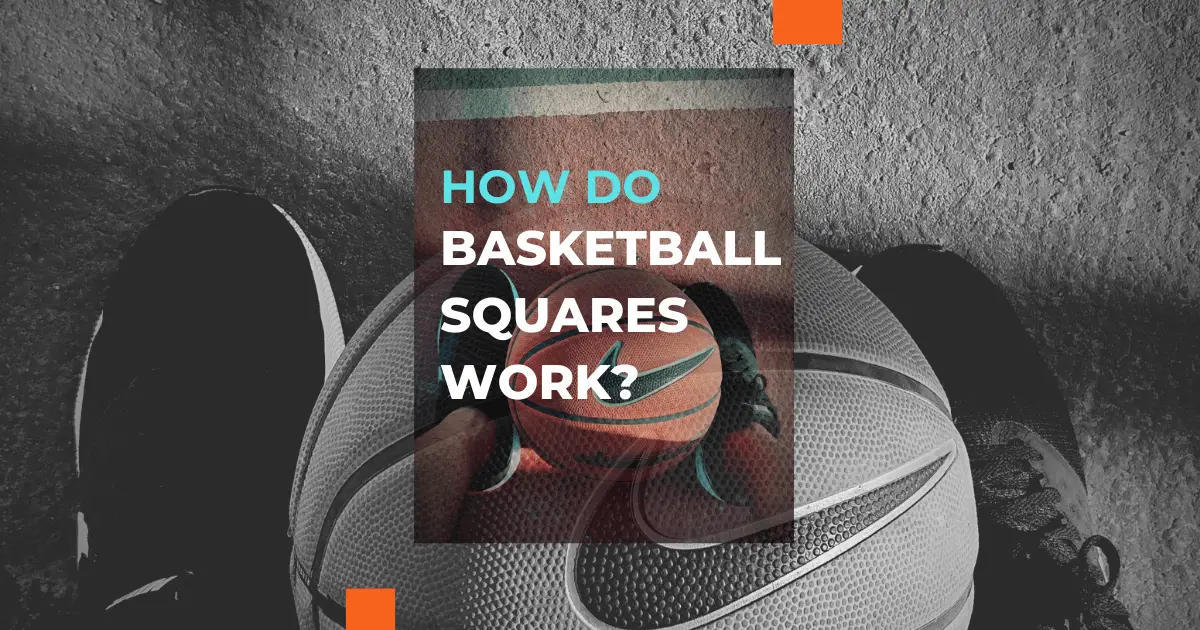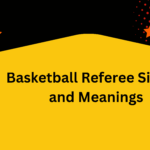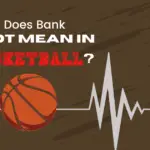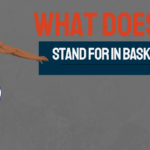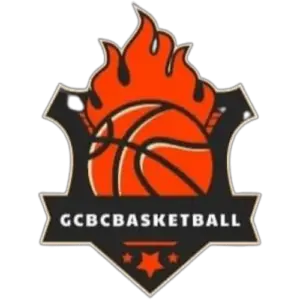Basketball squares is a popular office pool game played during big games like the Super Bowl or March Madness. The game’s premise is simple: pick a square on the board and hope your team scores when it’s your turn. It’s an entertaining way to increase the enjoyment of watching any basketball match and generate some extra income for the players.
How To Play Basketball Square?
-
Create A Grid
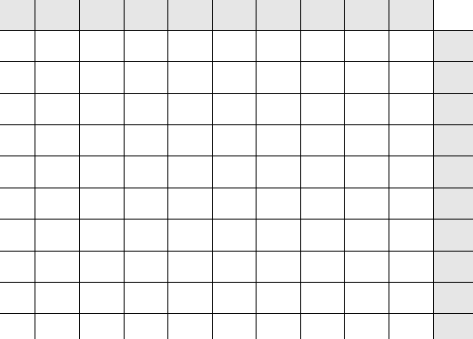
The traditional basketball squares game consists of an empty 10 by 10 grid. You can use tape or chalk to mark off squares on the ground or driveway. Make sure all lines are straight, and each square is an equal size so everyone plays on an even playing field.
Once your grid has been created, it’s time to choose two teams competing against one another in this exciting game of basketball square. Each row and column of the grid is assigned to a team, typically called “Team A” and “Team B.” Players then take turns selecting their desired square, each paying an equal amount for the purchase.
-
Assign Numbers
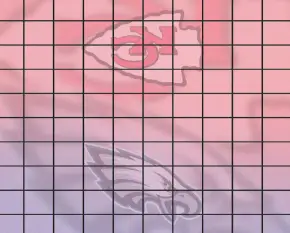
When all 100 squares have been purchased, Assign numbers 0-9 to each of the 10 squares in the grid. You’ll need two dice, paper, and pencils for each player.
-
Pick Squares

Participants must decide on the number of squares they want in the game and what size they should be. Each square represents a particular score for each team at the end of any quarter or half. Each player chooses a square randomly from all available squares to place their bet. If the rolled numbers match their chosen number, they get the point.
-
Determine The Winner

The game begins, and players wait anxiously to see if their square matches up with whichever team wins at the end of that quarter or half. If a player’s square matches up with the winning team, they win! It’s important to remember that while some rounds may end in ties, there can only be one overall winner when playing basketball squares.
Benefits Of Playing A Basketball Square:

A basketball square is an excellent opportunity to get involved in friendly competition and earn extra money. It provides an enjoyable way for people to keep up with the scores while watching their favorite teams in action.
With each quarter, there is a chance that your numbers will match up with the score, providing additional entertainment value during close games or when one team has a large lead. Furthermore, it gives participants something tangible to root for throughout the game – regardless of who they wanted to win at the start – since any combination of scores can result in winning squares!
Ncaa Square Rules:
Setting Up The Pool:
All participants must agree on how much they will pay and how much they can win. This sets an even playing field and provides some structure when it comes time to settle up after the games have been decided.
Payouts And Winnings:
Aside from setting a betting limit, participants should also decide beforehand if any additional prizes or incentives should be given out throughout the tournament. This could involve rewarding those who pick upsets correctly or providing bonus points for certain brackets that happen to perform well during each round.
What Are Good Numbers For Basketball Squares?
The first step to finding the best numbers for basketball squares is to look at historical trends from past games and events. Paying attention to which teams have won in the past and how many points they scored in each match can give insight into which team may be favored in a certain matchup and what kind of scoreline to expect. This information can then be used to find good numbers for a given game or event by looking at both teams’ chances of winning.
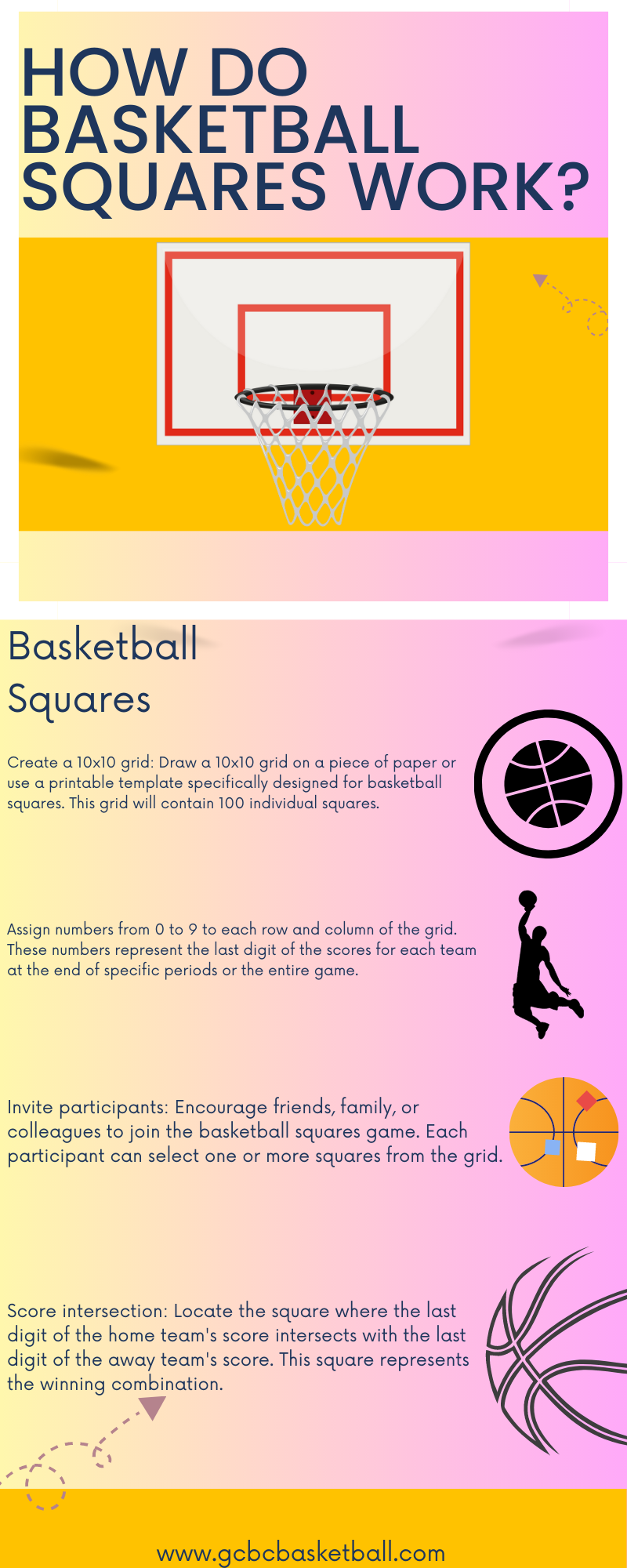
Conclusion:
Basketball squares are a fun, easy way to amplify the excitement of watching a game. Players can play for money or simply for bragging rights, and it’s a great way to make the game even more enjoyable for everyone involved. The rules of basketball squares are simple, so anyone familiar with the basics of basketball should be able to start playing right away.

Clyde Jackson III is a basketball coach and the founder of GCBC Basketball, a basketball-related learning and informational website that focuses on helping young players develop their skills on and off the court. With over 15 years of coaching experience, Clyde has worked with players of all ages and skill levels, from beginners to professionals.

